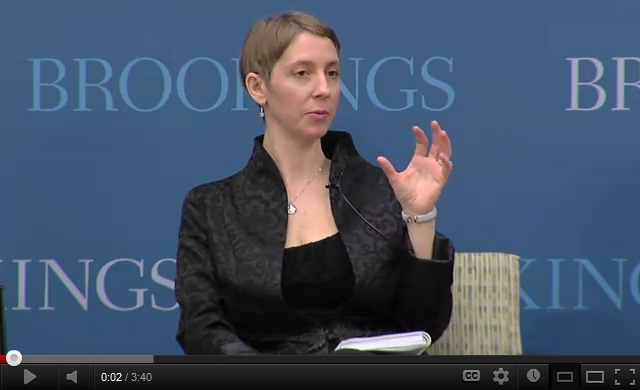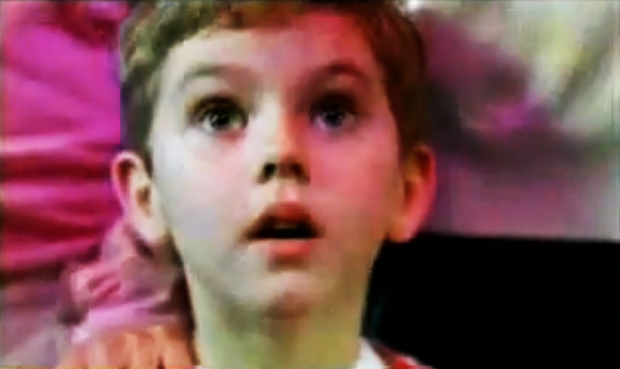

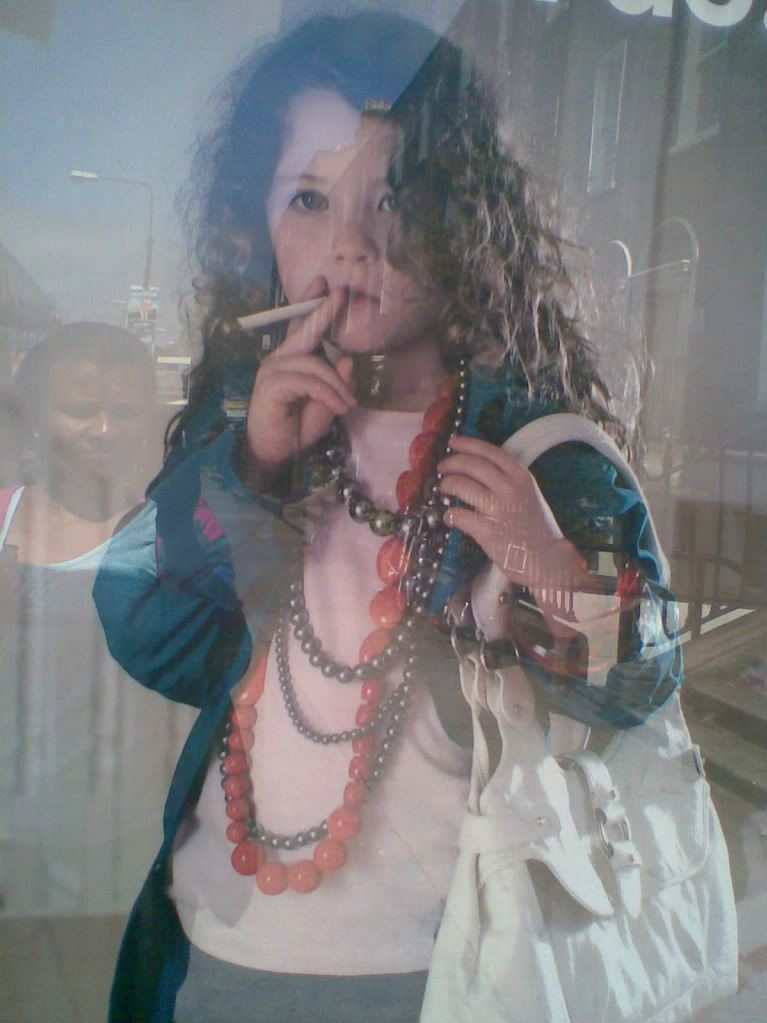
Children See, Children Do
http://www.youtube.com/watch?v=7d4gmdl3zNQ This video illustrates what our future may look like, depending on the examples we give to others. Children learn by example, and so do adults. This knowledge is true power, but have we been using it for good or bad? “Children learn by trying to do something, by failing, and by being told about or by copying some new behavior that has better results. This perspective is founded on the simple but central insight that children are trying to do something rather than to know something. In other words, they are learning by doing.” – Dr. Roger Schank, from Engines for Education “The idea of public education depends absolutely on the existence of shared narratives and the exclusion of narratives that lead to alienation and divisiveness. What makes public schools public is not so much that the schools have common goals but that the students have common gods. The reason for this is that public education does not serve a public. It creates a public.” – Dr. Neil Postman, from The End Of Education “Human history becomes more and more a race between education and catastrophe.” – H.G...
Like Branches In A Tree: The New Education Of The 21st Century Is About Teaching Interconnection
We have a bounded rationality and a limited point of view that doesn’t see the interconnected web of relationships that make up the world…” …says Simon Evetts, shortly into Developing an Interconnected Worldview: a guiding process for learning; a masters thesis presentation given at the Blekinge Institute of Technology in Sweden by Brendan Seale, Dylan Skybrook, and Evetts. Considering the thesis is a team effort, individual distinction for subsequent quotes will be omitted. To not being able to see or feel interconnection, means that we unconsciously interfere with the natural and social systems that support life. These unintended consequences lead to their systematic dysfunction. And so the inability to perceive connections is the fundamental root cause of many of the worlds problems of today. And this is a crisis of perception. We need to think, feel, and act in terms of interconnections… allowing us to build on and broaden our thinking for a more accurate picture of reality. This can be facilitated by education that develops both our conceptual and perceptual understanding of interconnectivity.” 4 Big Questions In The Presentation What Is An Interconnected Worldview? How Can An Interconnected Worldview Be Developed? What Pedagogical Approaches Could Enable The Development Of An Interconnected Worldview? How Could A Learning Experience Be Designed To Develop An Interconnected Worldview In Support Of Strategic Sustainable Development?” Here is the full presentation of Developing an Interconnected Worldview: a guiding process for learning: Untitled from Converge Project on Vimeo. The 6 Steps Of The Guiding Process To Learning 1) “Highlight the inadequacy of a reductionist worldview for meeting the needs of the learner to survive and thrive...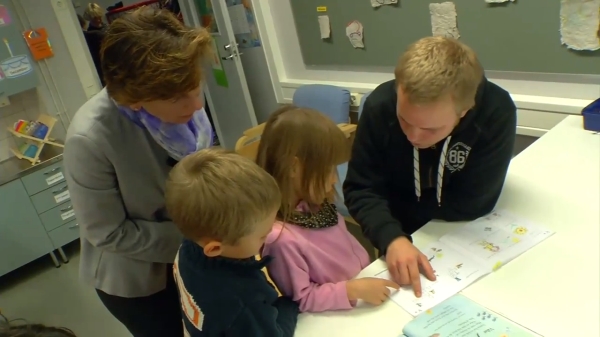
Why Are Finnish Students Ranked #1 In The World?
Achieving Excellence By Focusing On Cooperation Finland’s experience shows that it is possible to achieve excellence by focusing not on competition, but on cooperation, and not on choice, but on equity.” In his book Finnish Lessons, Doctor of Educational Sciences Pasi Sahlberg outlines the differences between the machine-press of traditional industrial-age education which most of us have gone under, and the educational system of Finland, which challenges accepted Western norms with great success; Finnish students rank #1 in the world in both mathematics and sciences despite having fewer school hours and no standardized tests. As Sahlberg writes: All of the factors that are behind the Finnish success seem to be the opposite of what is taking place in the United States and much of the rest of the world, where competition, test-based accountability, standardization, and privatization seem to dominate.” Instead of competition, Finland decided on cooperation and mutual help as a matter of policy. Students are rarely tested. Instead, they teach each other in class. Each student gets personal attention until he is on par with the other students. This attitude extends to the teachers and schools as well: “One of the ways that teachers improve is by learning from other teachers. Schools improve when they learn from other schools. Isolation is the enemy of all improvement.” http://www.youtube.com/watch?v=bcC2l8zioIw Education – A Means To Even Out Social Inequality And the difference is not purely academic. Finland is a small nation of 5.2 million people, with scarcely any natural resources. The Finnish government had to find a way to remain competitive within the global economy, while also minimizing social inequality. What it...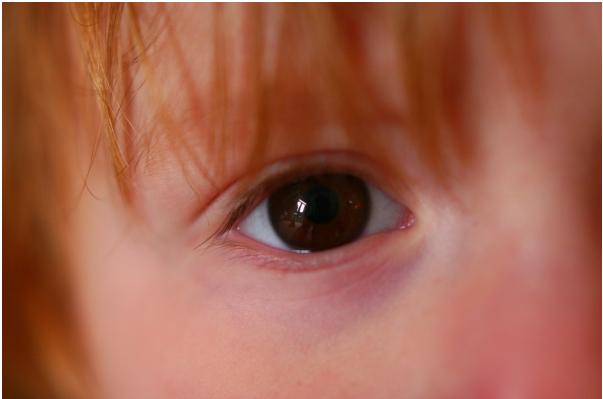
3 Tips For Your Child To Build A Powerful Brain
The concern with very young children is that, as human beings we have a competitive advantage over the rest of the animal world by the virtue of the fact that we are born with, essentially, a fetal brain. Our brain gets to develop in response to the environment in which it needs to function. So though we are helpless and completely dependent on our parents for survival at birth, we get to build an architecture that is most efficient for dealing with the world we live in. What we know about that is that 3 things seem to be very important to building very powerful brains: Bonding with other human beings: relating to mommy, interacting, developing relationships. Manipulating the physical environment: stacking up blocks or getting a cheerio into your mouth. Open-ended problem solving, creative type of plays: so a blank piece of paper and crayons, or a piece of clay, are very good.” Michael Rich, MD, MPH, Director for the Center of Media and Child Health, in the video below in this post How Young Is Too Young To Watch Television? discusses the highly influential role of media – television, books, movies, video games and music – in children’s development, health and behavior. Watch the video: Image: Child’s Eye by...